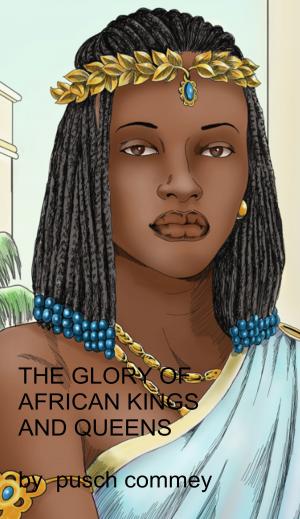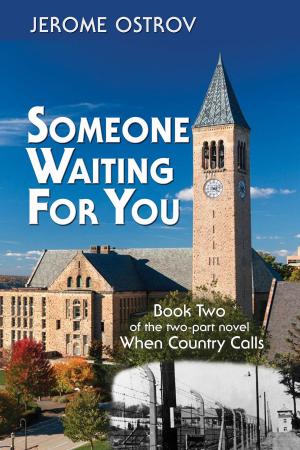Are We There Yet?
The Future of the Treaty of Waitangi
Nonfiction, Social & Cultural Studies, Political Science| Author: | Gareth Morgan, Susan Guthrie | ISBN: | 9781483545530 |
| Publisher: | BookBaby | Publication: | January 20, 2015 |
| Imprint: | Language: | English |
| Author: | Gareth Morgan, Susan Guthrie |
| ISBN: | 9781483545530 |
| Publisher: | BookBaby |
| Publication: | January 20, 2015 |
| Imprint: | |
| Language: | English |
Three questions: ‘Where have we got to with the Treaty of Waitangi?’; ‘Is where we have got to a good place?’ and ‘Where do we go from here?’ Simple questions we thought. But nothing is simple when you start asking questions about the Treaty of Waitangi. Two years later we have emerged battered and bruised but with something we want to say. ‘Folks, we might be about to crash the truck and you’re not even looking!” Mäori leaders aspire to more political power for Mäori, more Mäori community autonomy and more economic assistance for Mäori. It has become accepted practice among Mäori, lawyers and politicians to use the Treaty to progress these aspirations. But there is a limit to the issues the Treaty can credibly be used to resolve. We think the strategy of couching these contemporary Mäori aspirations as promises implied in the Treaty is flawed. It is not going to lead to agreement. It also risks undermining the status of the Treaty among non-Mäori. Contemporary Mäori aspirations are very important and must be debated, but they must be debated openly and honestly, each on their own merits, without looking to the Treaty for legitimacy. We think embedding unique political rights for Mäori at the centre of public life is highly risky, and for that reason is to be avoided. But we also think there’s a lot that can be done to improve the lives of Mäori. Rethinking the role of central government is essential. The role of government in a diverse society is to help people live lives they value, not some ‘one size fits all’ typecast. Shifting authority from central government to communities can help with this. But devolution will only improve people’s lives if there is widespread collaboration across diverse communities within our society. What we’ve ended up with, and what we present here, is a personal assessment of the way New Zealand is governed. We focus, in particular, on recent changes to political rights and community authority that have been introduced in response to pressure to honour the Treaty. It’s really about New Zealand’s constitution but don’t be put off by that word. This stuff matters and we could be doing a whole lot better than we are.
Three questions: ‘Where have we got to with the Treaty of Waitangi?’; ‘Is where we have got to a good place?’ and ‘Where do we go from here?’ Simple questions we thought. But nothing is simple when you start asking questions about the Treaty of Waitangi. Two years later we have emerged battered and bruised but with something we want to say. ‘Folks, we might be about to crash the truck and you’re not even looking!” Mäori leaders aspire to more political power for Mäori, more Mäori community autonomy and more economic assistance for Mäori. It has become accepted practice among Mäori, lawyers and politicians to use the Treaty to progress these aspirations. But there is a limit to the issues the Treaty can credibly be used to resolve. We think the strategy of couching these contemporary Mäori aspirations as promises implied in the Treaty is flawed. It is not going to lead to agreement. It also risks undermining the status of the Treaty among non-Mäori. Contemporary Mäori aspirations are very important and must be debated, but they must be debated openly and honestly, each on their own merits, without looking to the Treaty for legitimacy. We think embedding unique political rights for Mäori at the centre of public life is highly risky, and for that reason is to be avoided. But we also think there’s a lot that can be done to improve the lives of Mäori. Rethinking the role of central government is essential. The role of government in a diverse society is to help people live lives they value, not some ‘one size fits all’ typecast. Shifting authority from central government to communities can help with this. But devolution will only improve people’s lives if there is widespread collaboration across diverse communities within our society. What we’ve ended up with, and what we present here, is a personal assessment of the way New Zealand is governed. We focus, in particular, on recent changes to political rights and community authority that have been introduced in response to pressure to honour the Treaty. It’s really about New Zealand’s constitution but don’t be put off by that word. This stuff matters and we could be doing a whole lot better than we are.















